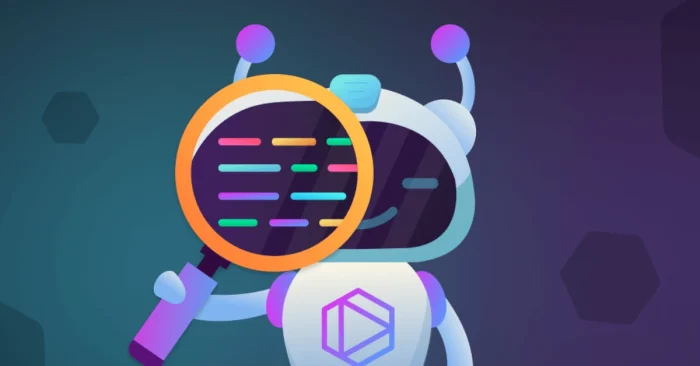Overview
AI code review tools help developers automatically analyze, review, and improve code quality. These tools use machine learning and static analysis to detect bugs, security vulnerabilities, code smells, and adherence to best practices. By automating repetitive code review tasks, AI tools save time, reduce human errors, and enhance collaboration among development teams. They provide actionable feedback, suggest improvements, and ensure maintainable and secure code. AI code review tools are essential for modern software development, accelerating release cycles and improving overall software quality.
1. DeepCode (Snyk Code)
DeepCode, now part of Snyk, uses AI to detect code issues, vulnerabilities, and best practice violations. It provides actionable suggestions for fixes and integrates with popular development platforms. Developers use it to maintain high code quality and secure applications efficiently.
2. Codacy
Codacy offers automated code review with AI-driven analysis. It checks for code quality, security vulnerabilities, and style consistency across multiple programming languages. Codacy provides detailed feedback and reports, helping teams improve code efficiency and maintainability.
3. SonarQube with AI Plugins
SonarQube, enhanced with AI plugins, analyzes code for bugs, vulnerabilities, and code smells. AI helps prioritize issues and recommend fixes. It supports continuous integration, making automated code quality checks a seamless part of the development workflow.
4. CodeGuru (AWS)
AWS CodeGuru uses machine learning to review code, detect potential bugs, and optimize performance. It provides recommendations for best practices and identifies security risks. Teams use CodeGuru to improve code quality, reduce errors, and accelerate development cycles.
5. Kite for Code Review
Kite offers AI-assisted code suggestions and reviews in real-time. It identifies potential issues, suggests improvements, and enhances productivity. Developers benefit from faster coding, fewer bugs, and improved adherence to coding standards.
6. Tabnine
Tabnine provides AI-powered code completion and review suggestions. It analyzes code patterns, identifies potential errors, and recommends improvements. Teams use Tabnine to accelerate development, maintain code consistency, and reduce manual code review effort.
7. Sider
Sider is an AI-based code review platform that analyzes code quality, style, and security issues. It integrates with GitHub and GitLab, providing automated feedback on pull requests. Developers can quickly resolve issues and maintain high-quality code standards.
8. ReviewBot
ReviewBot uses AI to scan code for bugs, security flaws, and performance issues. It provides actionable recommendations and integrates with development pipelines. Teams use it to automate code reviews, improve efficiency, and ensure reliable software delivery.
9. DeepSource
DeepSource offers automated code review and analysis for multiple languages. It detects bugs, anti-patterns, and security issues using AI. Developers receive real-time feedback and actionable suggestions, improving code quality and accelerating development.
10. Ponicode
Ponicode leverages AI to generate unit tests and review code quality. It analyzes code for potential issues and provides improvement suggestions. Teams use Ponicode to enhance test coverage, reduce errors, and maintain robust and reliable codebases.
(FAQs)
1. How do AI code review tools help developers?
They automate code analysis, detect bugs and vulnerabilities, suggest improvements, and ensure adherence to coding standards, saving time and reducing errors.
2. Can these tools integrate with existing development workflows?
Yes, most AI code review tools integrate with GitHub, GitLab, Bitbucket, and CI/CD pipelines for seamless automation.
3. Are AI code review tools suitable for all programming languages?
Many tools support multiple popular languages, though support varies by tool. Developers should choose based on project needs.
Learn More About AI Course https://buhave.com/courses/learn/ai






